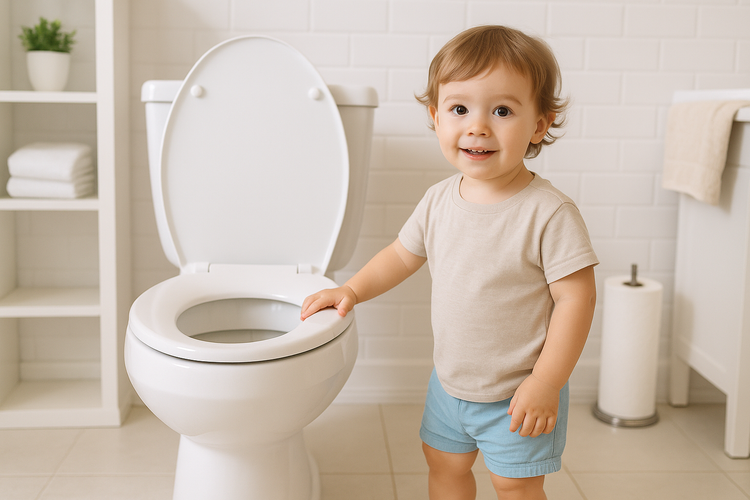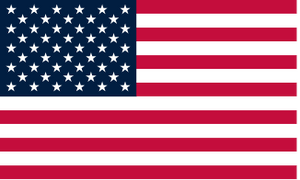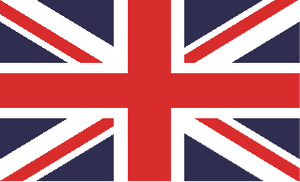
As parents, we know you want to give your baby the best possible start in life, with products you can trust to protect and support their development. That’s why we prioritise skin safety and comfort above all else.
Many people don’t realise that the ingredients in some skincare and baby products are made with chemicals that were introduced many years ago – and have now been proven by scientists to cause allergies and skin irritation.
To help you chose the best products, we asked the experts at the Environmental Working Group (EWG) what to avoid using on your baby or yourself if you’re pregnant or trying to get pregnant.
FERTILITY
How can certain ingredients in my cosmetics and skincare products affect fertility?
Some ingredients are endocrine-disrupting chemicals – they affect the body’s ability to regulate its processes, including some aspects of reproductive health.
What specific ingredients should I be aware of or avoid, and how can I tell if they are in my products?
Ingredients classified as endocrine-disrupting chemicals, or potential endocrine-disrupting chemicals, include chemicals like phthalates, bisphenols, benzophenones, the “forever chemicals” known as PFAS, parabens and triclosan. They’re used for a variety of functions, including as preservatives and solvents. Some are part of fragrance blends.
Many ingredients are disclosed on product labels. But at EWG, we don’t think you should need a degree in toxicology to be able to figure out whether your personal care products are safe. We developed our Skin Deep® database, which uses data reviewed by our scientists, to rate more than 90,000 personal care products for safety and give consumers a simple way to screen their products.
Companies aren’t required to disclose all the ingredients in their products. And ‘free of’ claims are not always reliable. Consumers should look for third-party certifications such as the EWG VERIFIED® mark, which tells shoppers the product is free from chemicals of concern and meets our strictest standards for your health. Or, of course, contact manufacturers directly.
PREGNANCY

BABY WIPES

Can the ingredients in baby wipes really harm my baby?
In addition to the ingredients we’ve mentioned, skin sensitizers and drying ingredients may be too harsh for a baby’s skin. Skin sensitizers are ingredients that can cause skin reactions and rashes. Drying ingredients reduce the skin’s moisture.
What ingredients should I avoid in a baby wipe?
It’s best to avoid any ingredient that can irritate the skin, for instance, fragrances and some botanicals. Some skin-conditioning agents, like alkoniums, and ingredients like acrylates and the wipe material that are used to form the products, may also cause irritation or rashes. Ingredients that dry babies’ skin include alcohols and sulfates.
What is EWG, and why should parents trust products that are EWG accredited?
EWG is a nonprofit, non-partisan organization based in Washington, D.C. Our mission is to empower people to live healthier lives in a healthier environment.
Our team of scientists, engineers, toxicologists and formulators helps translate label ingredients for the consumer and fill in the gaps left by companies and regulators. EWG VERIFIED® represents our highest standards for safety and transparency.
Pura uses plant-based and naturally derived ingredients and never, ever any nasty toxins. So our entire range is perfect for sensitive, newborn and allergy- or eczema-prone skin. It’s been vetted for safety to meet strict standards and backed by science. Our wipes are already EWG VERIFIED, and we plan to put our diapers through the process soon.








